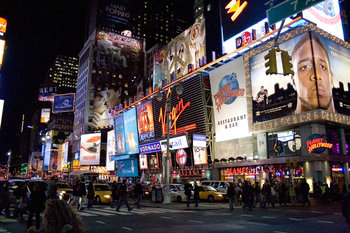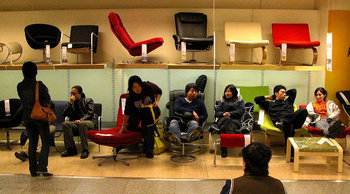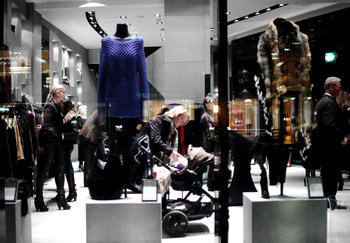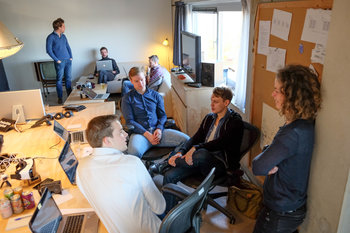
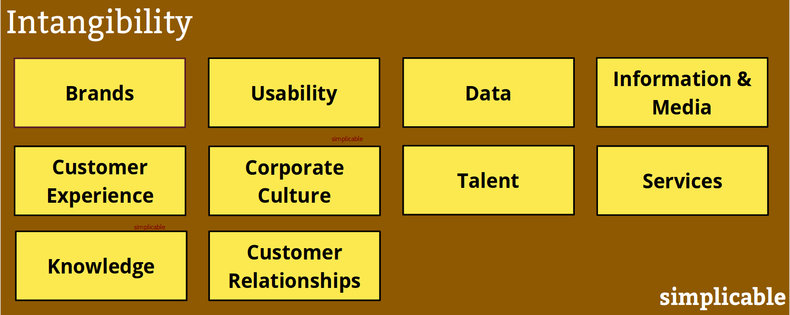
Brands
Brands are intangible assets that exist as visual symbols, ideas and emotions in the minds of customers, employees and investors. They can be extremely valuable despite having no physical form.Usability
Customers find one software tool pleasing to use and another difficult to use. The tool that is usable is far more valuable as it gets good reviews and sells well.Data
Data is often considered an intangible asset. For example, a customer database that has value to a sales process.Information & Media
Most information and media is in a digital format that is considered intangible. For example, a trailer for a film that is produced and distributed as a series of digital files.Customer Experience
Experiences such as an exciting game or friendly customer service that customers value. Customer experience can also derive from physical things such as the taste of cake. However, the experience is still considered intangible.Corporate Culture
One firm is innovative and aggressive and another firm is cautious, conservative and resistant to change. This exists as the shared experiences of an organization and isn't tangible.Talent
Human talents are intangible. For example, creativity or the ability to influence people exists as tacit knowledge in the mind.Services
Services such as a restaurant typically derive most of their value from intangible things such as decor and customer service.Knowledge
Valuable knowledge such as intellectual property and know-how.Customer Relationships
Relationships such as a sales person who is friends with some of your competition's biggest customers.Notes
Services aren't necessarily fully intangible. For example, the food at a restaurant is a physical item much like a product.Products aren't fully tangible as they include intangible aspects such as brand, customer experience and usability.| Overview: Intangibility | ||
Type | ||
Definition | Value that has no physical form. | |
Related Concepts | ||






